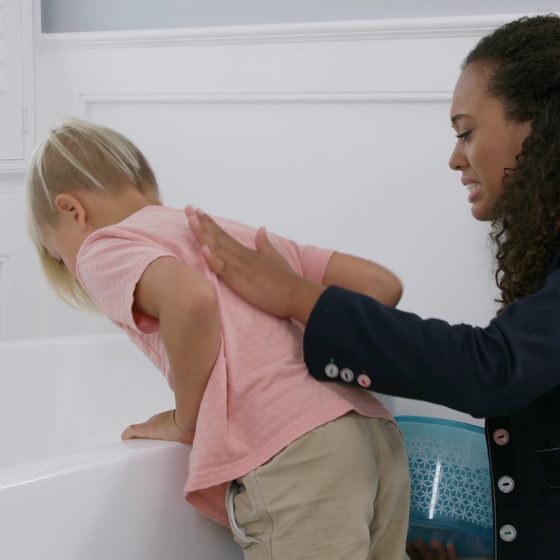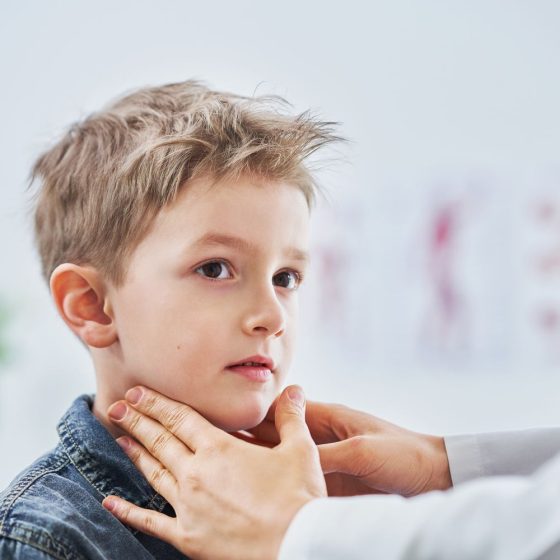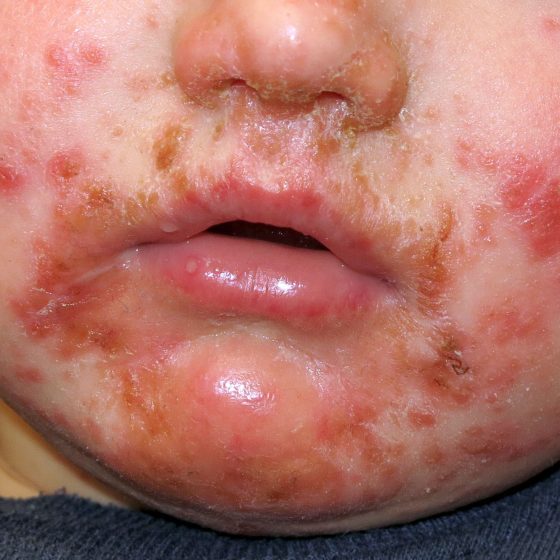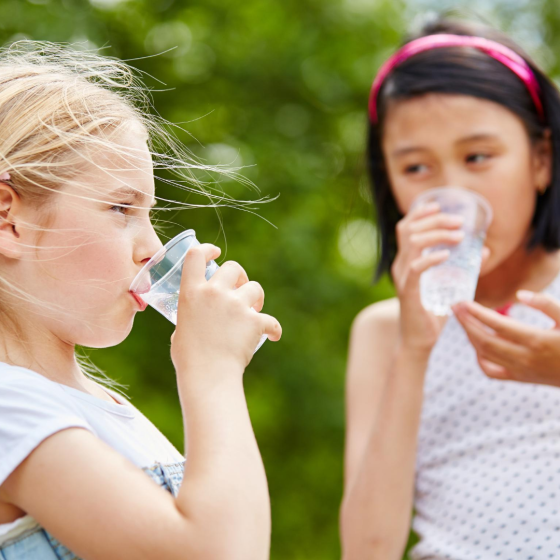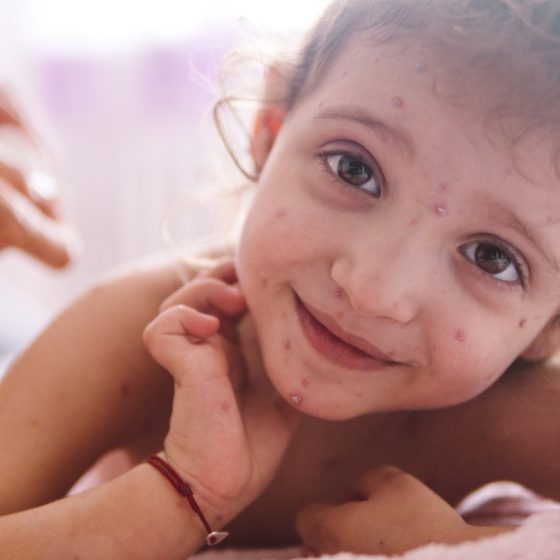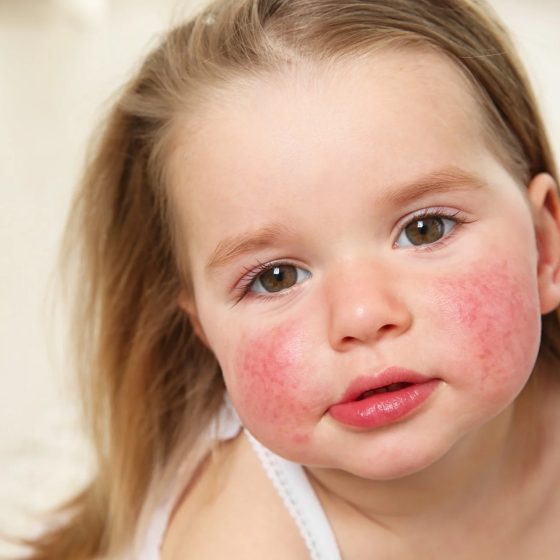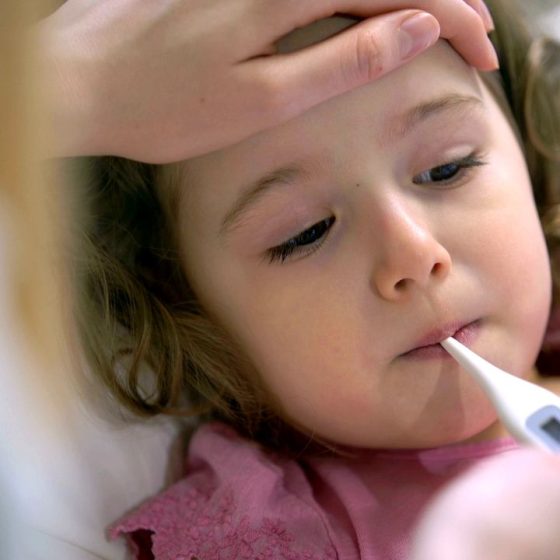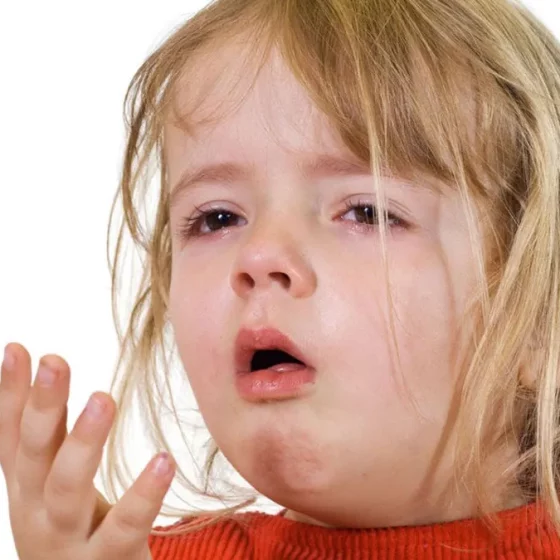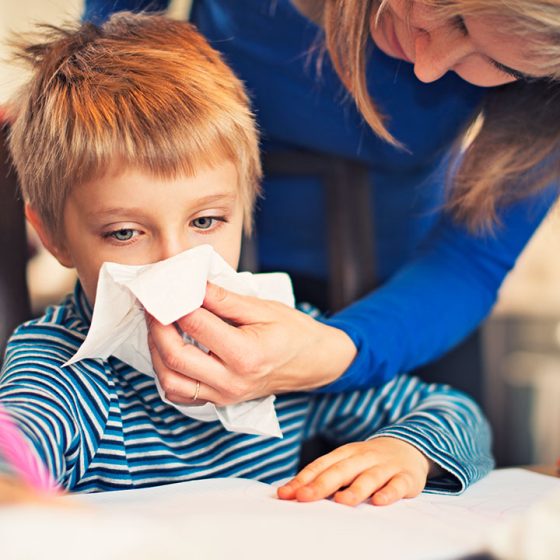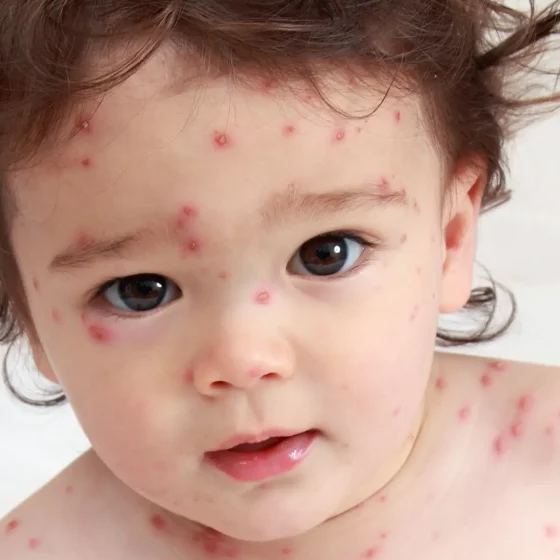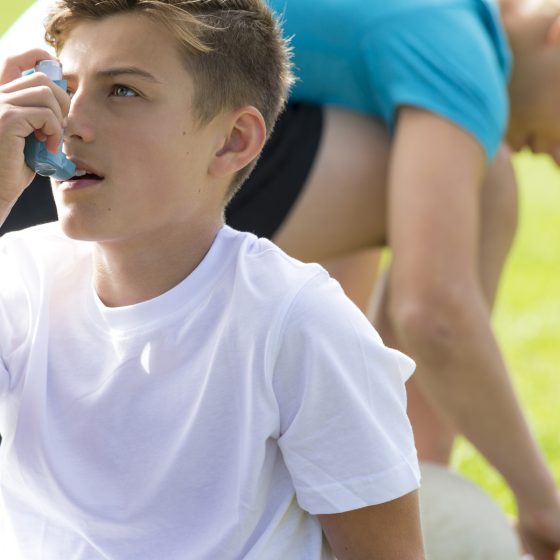Vomiting in children
Key facts Vomiting is one of the most common reasons parents take their child to the doctor. Babies often bring up small amounts of food after feeding — it’s known as posseting or reflux, but this is different to vomiting. Vomiting in children can result from many different causes, but viral gastroenteritis is the most common cause. Babies and children are especially at risk of dehydration when they are vomiting. Children with diarrhoea and vomiting should be given small amounts of oral rehydration solution or plain water often (for example, every 15 minutes), especially if they are vomiting a lot.

